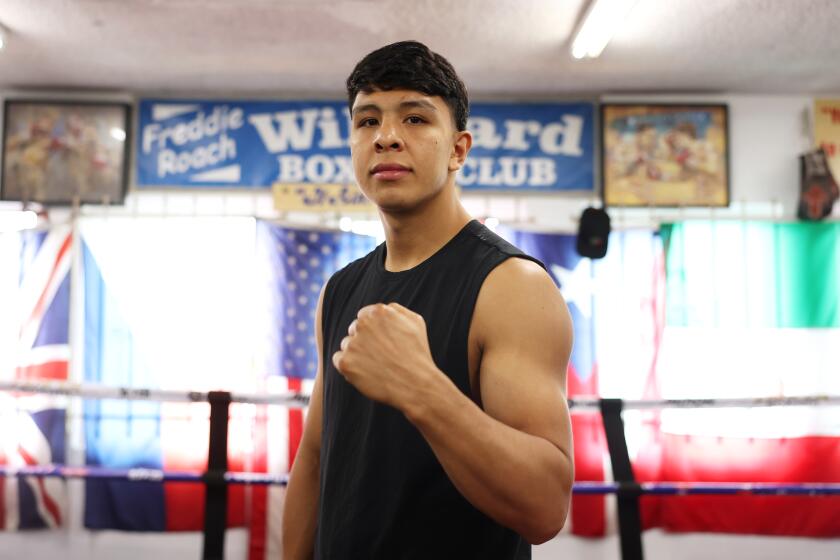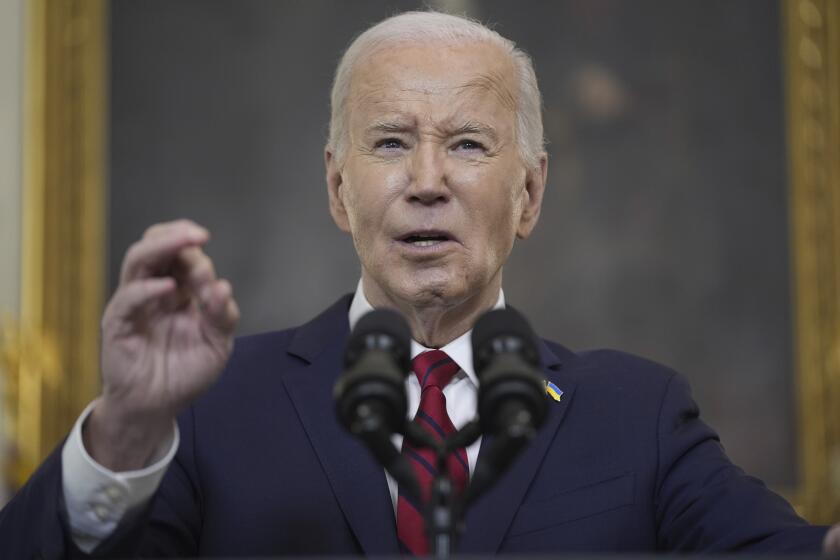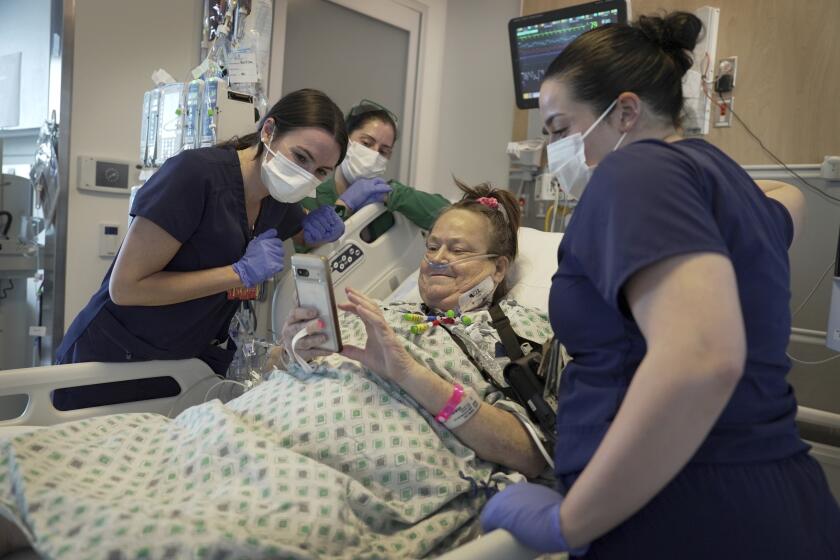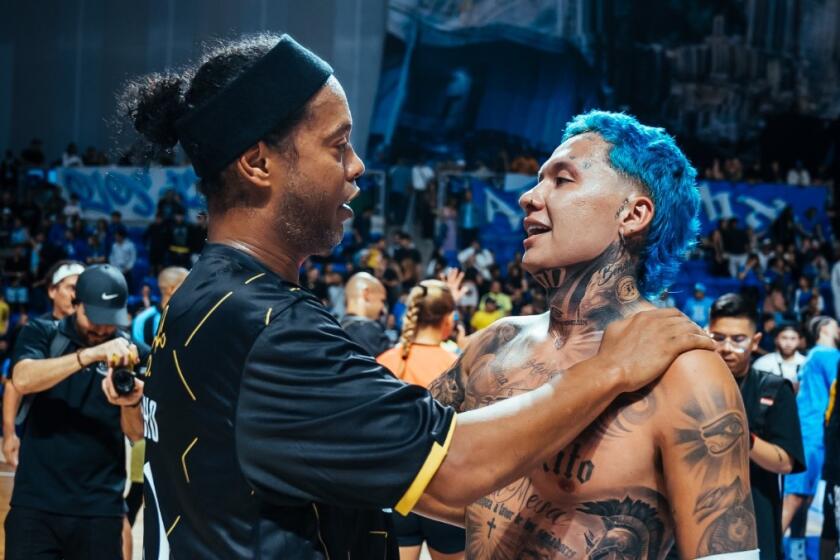Creator of Hemingway’s daiquiri to be focus of upcoming documentary
The fascinating story of Constante Ribalaigua, a Spanish-born barman who reinvented the daiquiri in Cuba’s capital to satisfy the demanding tastes of future Nobel literature laureate Ernest Hemingway, is to be brought to the big screen next year as a documentary.
The project is the brainchild of Montse Sala and David Barba, a pair of historians from Ribalaigua’s home town in northeastern Spain: Lloret de Mar.
The film will tell of how two men - one on either side of El Floridita’s bar in 1930s Havana - were instrumental in catapulting the daiquiri to international fame.
Ribalaigua, known as the island’s “cocktail king” and “father of the Cuban cantina,” designed a daiquiri variation for the American novelist and short-story writer, who would go on to win the Nobel Prize in literature in 1954, that contained a double shot of rum and no sugar and became known as the “Hemingway Daiquiri” or “Papa Doble.”
That drink was created at El Floridita, where a life-sized bronze statue of Hemingway (1899-1961) can be found at the bar and Ribalaigua’s successors churn out dozens of slushy El Floridita Daiquiris (the bar’s signature drink, also known as Daiquiri Frappes) every minute.
The late owner of that establishment (also known as Constantino) was born in 1888 and died in Havana in 1952, leaving behind an eight-year old orphan, Jorge Ribalaigua, who is now in his 70s and will be the narrator and indirect focal point of the documentary.
The pair of Spanish historians spearheaded the film project (now in the final stages of shooting) in a bid to put their town on the map as the home of, in Barba’s words, “the most influential bartender of the 20th century.”
Formerly belonging to the Ribalaigua family, ownership of El Floridita passed to the Cuban state after the triumph of the revolution in 1959, seven years after Constante’s death.
The family subsequently emigrated to the United States, where Jorge still lives.
The painful memory of those times kept Jorge away from Cuba for nearly six decades, although he finally returned to his homeland - and the bar where he spent part of his childhood - at the invitation of the documentary’s producers.
“It’s very emotional for me to visit El Floridita and try to recover that whole story that I haven’t been able to connect with for 60 years,” a visibly moved Jorge Ribalaigua said in an interview with EFE.
He noted that the cantina his family once owned, and which now is an obligatory stop on any tour of historic downtown Havana, had changed a great deal since his childhood.
But Ribalaigua’s son acknowledged that El Floridita still makes “phenomenal daiquiris,” saying that is a testament to his father’s lasting legacy.
Besides the blended Floridita Daiquiri and Papa Doble drinks, Constante created around 200 varieties of cocktails for the pleasure of the elite crowd that graced his cantina, including Jean-Paul Satre, Graham Greene, Gary Cooper and Ava Gardner.



